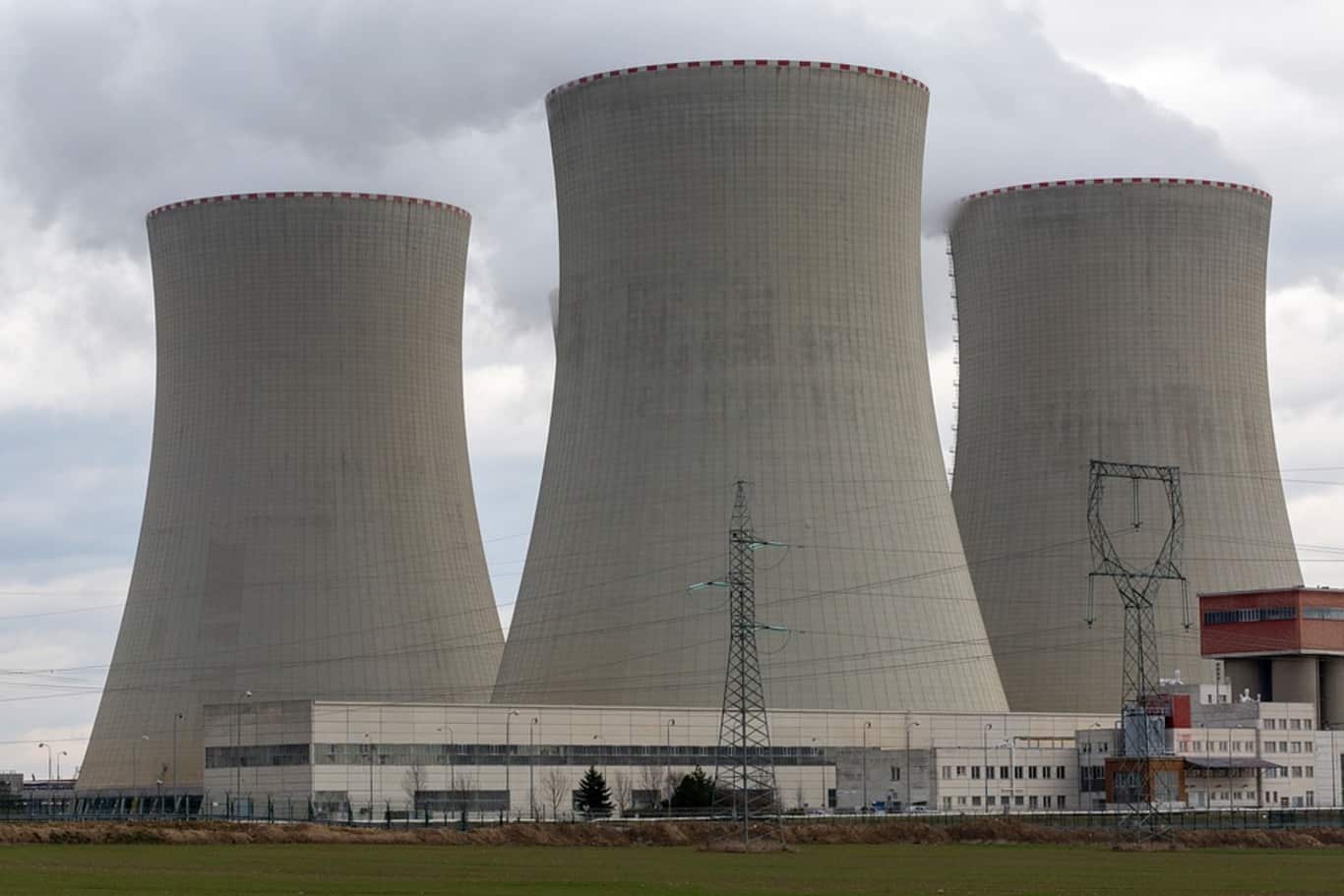Iran said Monday it was awaiting “details” on Russia’s demands for US guarantees that could potentially delay reaching an agreement in talks aiming to restore Tehran’s 2015 nuclear deal with world powers.
Russia’s Foreign Minister Sergei Lavrov said on Saturday that Moscow wants written guarantees from Washington that Western sanctions imposed on it over the Ukraine conflict will not affect its economic and military cooperation with Tehran, ahead of any conclusion of a revived Iran nuclear deal.
US Secretary of State Antony Blinken on Sunday dismissed these demands as “irrelevant”. Sanctions on Russia over its invasion of Ukraine “have nothing to do with the Iran nuclear deal”, he said on CBS talk show “Face the Nation.”
Iranian foreign ministry spokesman Saeed Khatibzadeh said Monday “we have also seen and heard Mr Lavrov’s remarks in the media.”
“We are waiting to hear the details of that through diplomatic channels,” he added, during his weekly news conference.
“Iran’s peaceful nuclear cooperation should not be affected or restricted by any sanctions, including Iran’s peaceful nuclear cooperation with Russia, China and other countries,” he said.
Russia, which was slapped with wide-ranging economic sanctions by the US and the EU following its invasion of Ukraine, is party to ongoing talks in Vienna aimed at reviving the 2015 nuclear deal, along with Britain, China, France and Germany. The United States is participating indirectly.
The 2015 agreement gave Iran sanctions relief in exchange for curbs on its nuclear program, but the US unilaterally withdrew from it in 2018 under then-president Donald Trump who reimposed heavy economic sanctions on Tehran.
That prompted Iran to begin rolling back on its own commitments.
The Vienna talks aim to return the US to the nuclear deal and lift sanctions on Iran, while Tehran would in turn return to full compliance with its commitments.
As with the original agreement, Moscow is expected to play a key role in the implementation of any fresh deal with Tehran, for example by receiving shipments of enriched uranium from Iran.
“Russia’s approach so far has been a constructive one in order to reach a collective agreement in Vienna,” Khatibzadeh stressed.








